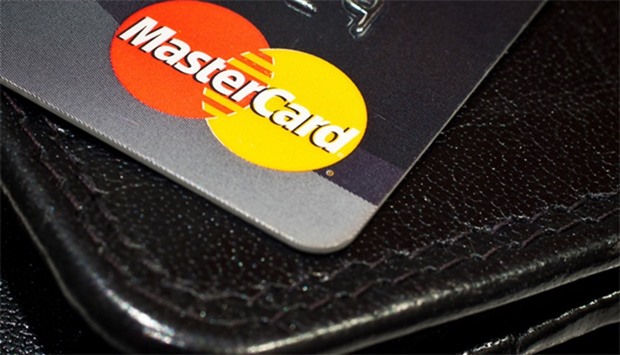Mastercard has been working with businesses, financial institutions and other stakeholders to advance digital payments in Qatar, even as the global technology company in the payments industry sees a surge in online shopping, post-pandemic.
According to Mastercard, the pandemic has reinforced the necessity to continue evolving the safe and secure consumer payment experience. From a simplified online checkout experience to an in-store tap on a contactless terminal, it is evident that being able to respond to the rapidly evolving consumer expectations is a critical priority.
“As a trusted payments partner to the State’s retail sector, we continue to work with them in response to evolving consumer needs. Consumers in Qatar today are enjoying the benefits and convenience of online shopping and are seeking virtual experiences unlike ever before. This in turn makes cybersecurity all the more important and through technologies such as tokenisation, we are ensuring that in addition to simplicity and speed, security and trust remain core to the new-age shopping experience,” said Nadia Ghissassi, Mastercard country manager (Qatar, Kuwait and Iraq).
As the global Covid-19 pandemic continues to spur e-commerce, a Mastercard study has revealed the rapid growth of online shopping, with nearly three out of four (73%) consumers in the Middle East and Africa shopping more online than they did before the pandemic.
The study provides significant insights into how shoppers are rapidly moving away from cash and opting for contact-free and digital payment experiences. These insights are helping e-tailers and businesses across the region to leverage the shift towards online shopping and to deliver fast, convenient and secure transactions.
According to the survey, data top-ups, apparel, groceries, banking and healthcare have seen the highest surge of online activity.
More than 70% of consumers in the Middle East and Africa said they had shopped more online for data top ups, 63% for clothing, and over 52% said they had purchased groceries online.
And, as e-commerce increasingly becomes a part of everyday life, consumers are moving other aspects of their financial management to digital, with 66% of respondents having started banking online, and 56% managing their healthcare needs online.

